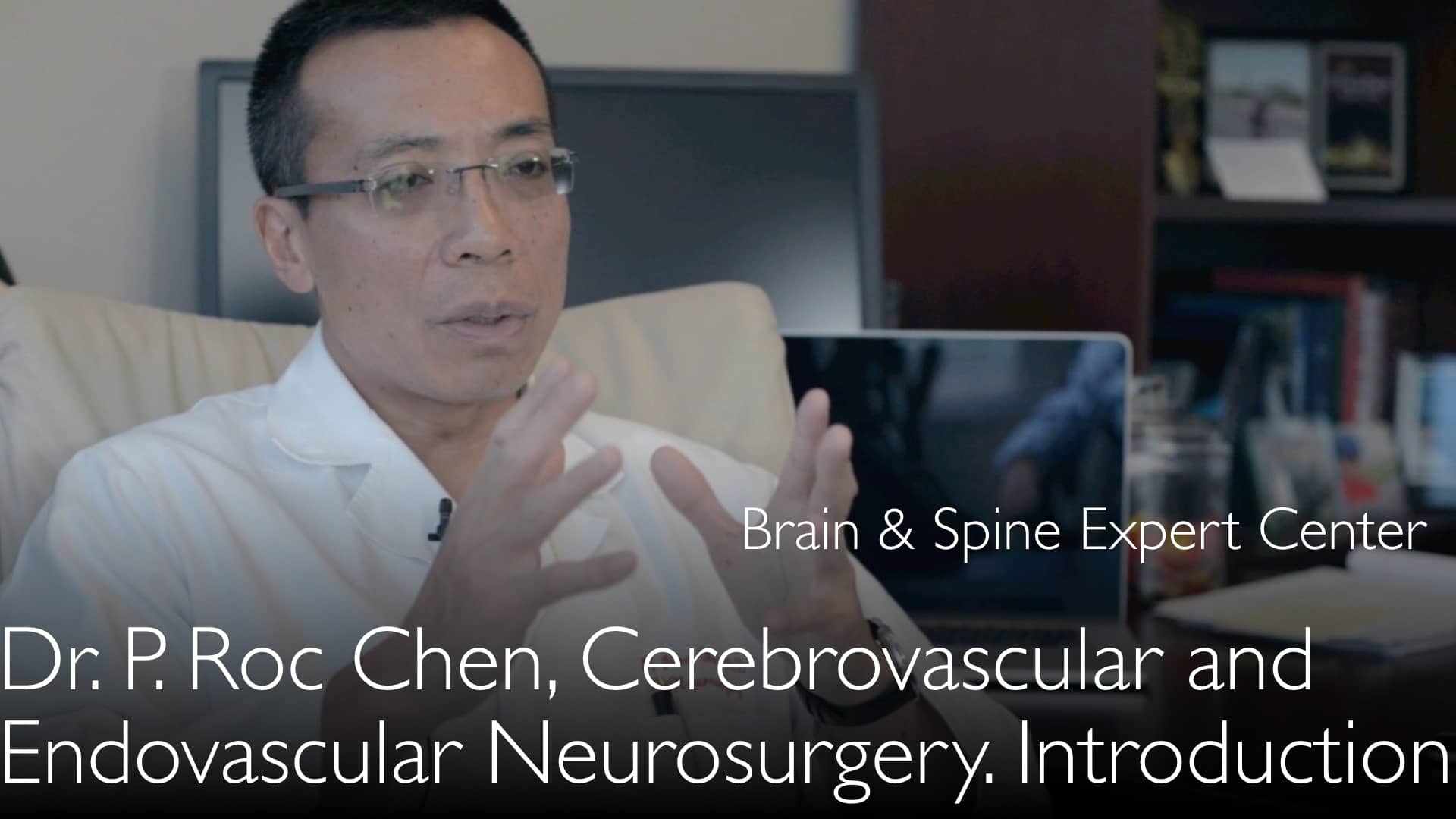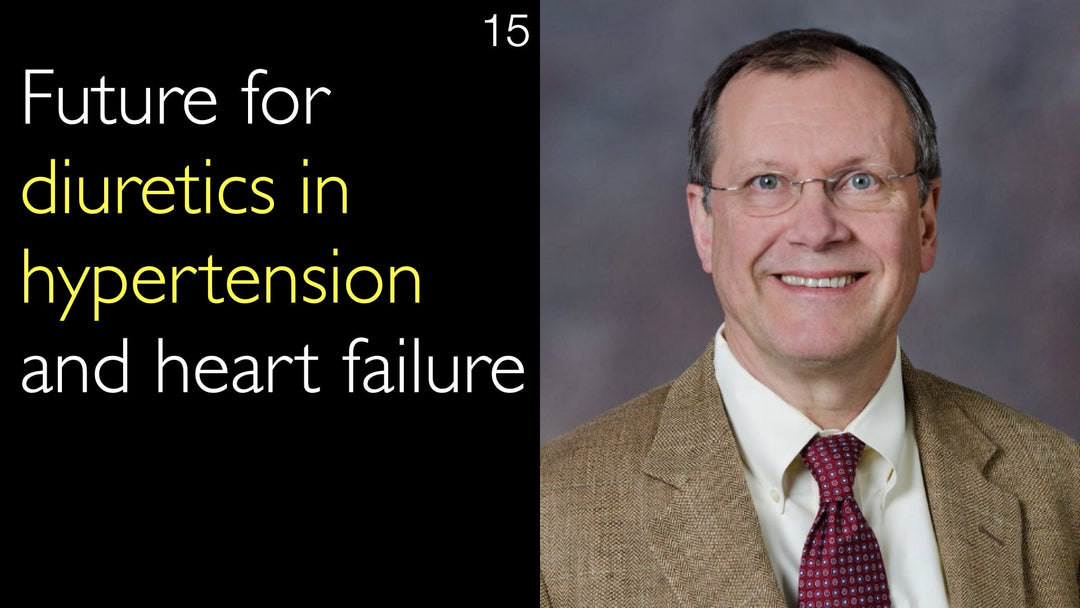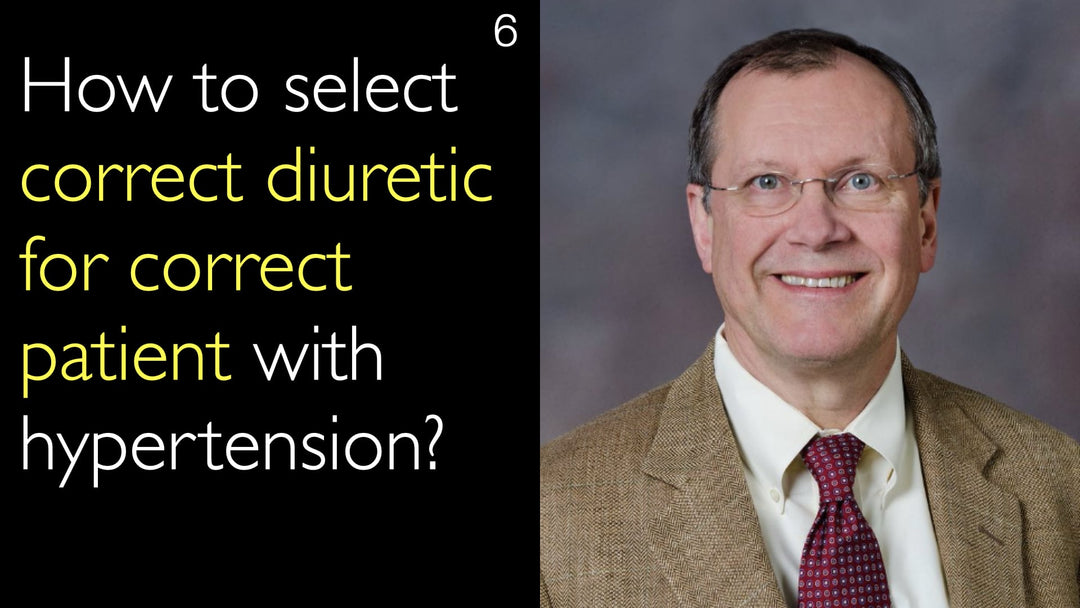Leading expert in carotid artery disease and neurosurgery, Dr. Peng Chen, MD, explains how atherosclerotic plaque causes stroke by restricting blood flow or sending embolic fragments to the brain. He details the proven benefits of carotid endarterectomy surgery and the growing role of endovascular stenting, outlining specific patient factors that determine the optimal treatment approach for long-term stroke risk reduction.
Carotid Artery Disease Treatment: Surgical and Endovascular Options
Jump To Section
- What is Carotid Artery Disease?
- Carotid Endarterectomy Surgery
- Carotid Artery Stenting
- Choosing Surgery vs Stenting
- High-Risk Patients for Stenting
- Tandem Lesions Treatment
- Individual Patient Assessment
- Full Transcript
What is Carotid Artery Disease?
Carotid artery occlusive disease involves the buildup of atherosclerotic plaque, most commonly at the carotid artery bifurcation in the neck. Dr. Peng Chen, MD, explains that this plaque restricts normal blood flow to the brain and poses a critical risk: fragments can rupture, travel to the brain's small arteries, and cause an ischemic stroke.
Carotid Endarterectomy Surgery
Carotid endarterectomy is the well-studied open surgery for removing plaque from the carotid artery. Dr. Peng Chen, MD, notes that surgery is indicated for patients with a stenosis, or narrowing, beyond 70%, whether they are asymptomatic or symptomatic. For symptomatic patients who have experienced a recent stroke or transient ischemic attack (TIA), the benefit threshold is even lower, at 60% stenosis. Landmark studies from the 1990s showed this procedure reduces the two-year stroke risk by about 26% compared to medical treatment alone.
Carotid Artery Stenting
Endovascular techniques like balloon angioplasty and stenting provide a minimally invasive alternative for treating carotid stenosis. Dr. Peng Chen, MD, states that long-term results from clinical trials show that the recurrence rate and overall efficacy of stenting are quite similar to open surgery, with about a 5% long-term risk of restenosis for both procedures.
Choosing Surgery vs Stenting
The central debate in carotid disease treatment is selecting the right patient for each procedure. Dr. Peng Chen, MD, emphasizes that a general guideline is to consider endovascular stenting for patients deemed at high risk for open surgery. This decision is not one-size-fits-all and requires careful individual assessment.
High-Risk Patients for Stenting
Dr. Peng Chen, MD, outlines specific patient profiles where carotid artery stenting is particularly beneficial. This includes patients with recurrent stenosis on the same side after a previous endarterectomy, those who have had neck radiation for cancer, and individuals with existing nerve palsy or vocal cord dysfunction from prior surgery. Patients with poor cardiac function or those who are extremely obese and may not tolerate anesthesia well are also strong candidates for the endovascular approach.
Tandem Lesions Treatment
Endovascular stenting offers a unique advantage for patients with tandem lesions, a condition where there is a stenosis in the neck (extracranial) and a separate narrowing inside the skull (intracranial). As Dr. Peng Chen, MD, explains, open surgery can only address the neck lesion. In contrast, a single endovascular procedure can often treat both narrowings with stenting and balloon angioplasty, providing a more comprehensive solution.
Individual Patient Assessment
The final treatment decision must be made through a collaborative, multidisciplinary evaluation. Dr. Peng Chen, MD, stresses that each patient's unique anatomy, medical history, and risk profile must be analyzed by a team of experts, including a vascular surgeon and neurointerventionalist, to determine the best treatment option—whether open surgery or endovascular stenting—for optimal long-term stroke prevention.
Full Transcript
Dr. Anton Titov, MD: You frequently deal with and specialize in carotid artery occlusive disease. Dr. Peng Chen, MD, what happens in such a situation is a build-up of atherosclerotic plaque at the bifurcation of the carotid artery or other segments. Eventually, at some point, it restricts the normal blood flow to the carotid artery and to the brain. There is also a risk that some fragments of atherosclerotic plaque will rupture, travel to the brain vessels, and cause a stroke by lodging in one of the small arteries of the brain.
How do you approach carotid artery occlusive disease? What are the nuances from your practice for such patients?
Dr. Peng Chen, MD: Carotid disease is probably the best studied cerebrovascular disease in the entire neurosurgery field. We know that open surgery, so-called carotid endarterectomy, is indicated when you have a plaque in the carotid artery beyond a certain percentage, typically beyond 70% occlusion, whether asymptomatic or symptomatic.
Many patients had a recent stroke or recent transient ischemic attack (TIA). Patients with even 60% carotid stenosis will benefit from surgical treatment. Plaque in the carotid artery can break and create fragments. They break off, causing distal brain vessel ischemic stroke by blocking the artery.
Surgery is well known to reduce risk in two years, about a 26% reduction of stroke risk compared to medical treatment. Obviously, the study was done in the 90s. However, these days the endovascular technique—balloon angioplasty and stenting—also provides great results.
Long-term results, in fact, many clinical trials showed one consistent thing: long-term, open surgery and endovascular treatment results are quite similar. The recurrence rate is similar, about a 5% risk in the long run.
A little more debate still remains about how to choose patients for endovascular treatment versus open surgery. As I mentioned before, we try to assess patients individually. At the same time, I do think that the general guideline is—at this point, high surgical risk patients—and that's been studied quite well now—patients with high surgical risk do benefit from endovascular treatment.
This is particularly true if they had carotid endarterectomy and stenosis recurred on the same side where surgery was done previously. If patients had radiation to the neck for whatever reason—had cancer in the neck and had radiation, and later developed carotid stenosis—endovascular carotid stenting is beneficial for those patients, while surgery is much more troublesome for them.
If patients after surgery had some nerve palsy and vocal cord dysfunction, or have poor cardiac function, endovascular stenting is also better. We must make sure these patients are able to survive for a long time, but at the same time they have relatively poor function and could not necessarily tolerate anesthesia quite well.
Extremely obese patients also benefit from the endovascular approach. In addition to those indications, endovascular methods work well for tandem lesions, meaning a stenosis in the neck artery and also a narrowing in the brain part of a vessel.
In that scenario, open surgery can only fix one narrowing at the same time. But if you do an endovascular procedure—stenting and balloon angioplasty—often you can fix them both. So, these are general guidelines and perspective on how to approach carotid artery disease treatment.
But I do think that each individual patient should be analyzed and assessed by the surgeon and multidisciplinary team to get the best treatment option for the patient.








